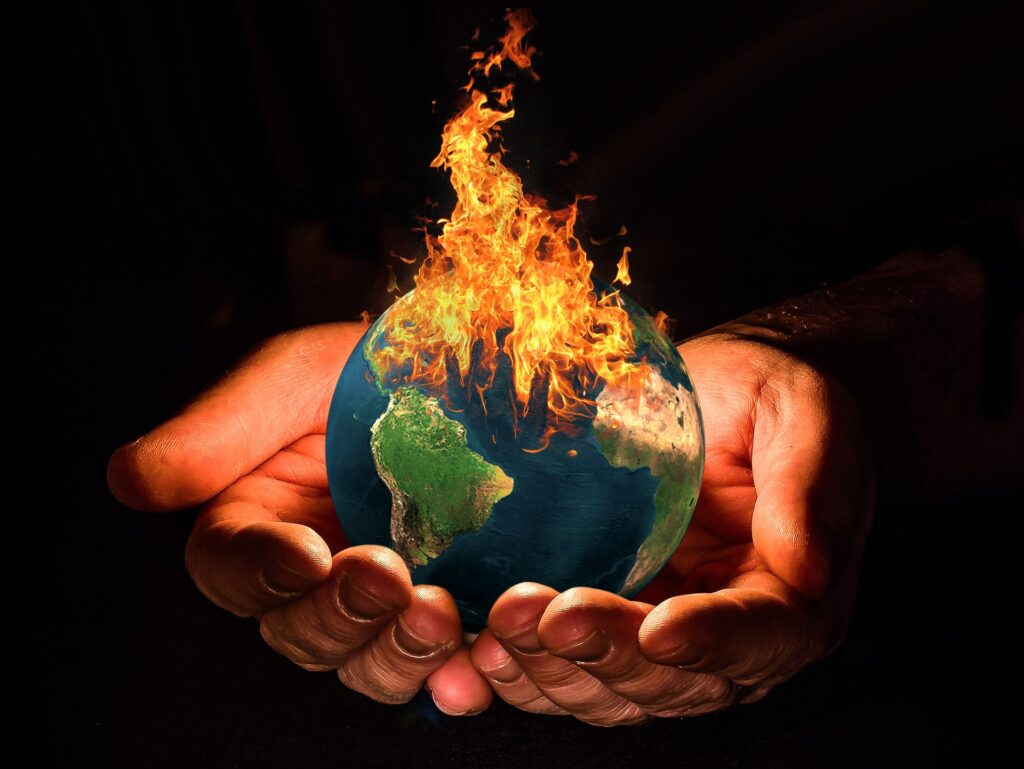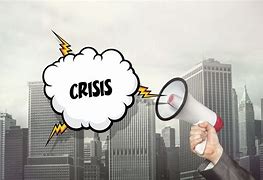Climate Change or Just Bad Weather?
Climate change remains one of the most pressing issues of our time, with profound implications for our planet and future generations. However, discussions surrounding climate change often vary widely depending on the sources of information we turn to
Some news outlets emphasize the urgent need for action to address climate change, citing scientific evidence of rising global temperatures, melting ice caps, and increasing frequency of extreme weather events. They may highlight reports from organizations like the Intergovernmental Panel on Climate Change (IPCC) and scientific studies demonstrating the human impact on the environment. Examples of such coverage can be found in publications like National Geographics Climate Change Articles, which offers in-depth articles, interactive features, and expert analysis on the topic.
How Earth Would Look If All The Ice Melted | Science Insider
Other news outlets may adopt a more skeptical stance on climate change, questioning the severity of the issue and the extent to which human activities contribute to it. They may feature interviews with climate change skeptics, scientists who challenge mainstream climate science, and industry representatives who downplay the need for environmental regulations. Examples of such coverage can be found in publications like The Wall Street Journal's opinion section, which features articles and editorials that question the consensus on climate change and advocate for alternative perspectives.
News outlets also differ in their coverage of climate change policies and proposed solutions. Some may praise government efforts to implement renewable energy initiatives, carbon pricing mechanisms, and international agreements like the Paris Climate Accord. They may highlight success stories of countries and cities transitioning to clean energy and reducing greenhouse gas emissions. Others may criticize such policies as costly and ineffective, questioning their economic impact and feasibility. Examples of such coverage can be found in publications like The Guardian's environment section, which provides comprehensive coverage of climate change policies, activism, and environmental justice movements.
Climate change stems from a myriad of factors, but a significant contributor is the mass amount of pollution generated by industries and high-emission activities such as private jet travel. While individual actions like using paper straws or reducing plastic consumption are important steps towards sustainability, they pale in comparison to the environmental impact of large-scale industrial emissions. The carbon footprint of industries, including manufacturing, transportation, and energy production, far exceeds that of individual consumers. Moreover, the extravagant lifestyles of celebrities and the elite, characterized by frequent private jet flights and excessive consumption, contribute disproportionately to greenhouse gas emissions. Therefore, while individual actions are valuable, addressing climate change requires systemic changes and collective efforts to hold industries and high-emission activities accountable for their environmental impact.
Just Plane Wrong: Celebs with the Worst Private Jet Co2 Emissions | Insights | Yard (weareyard.com)
It takes media literacy, critical thinking, and a willingness to engage with different points of view to successfully navigate the climate change debate. Readers can obtain a more thorough grasp of the problems we face and the possible solutions by knowing how various news sources present the climate change issue. To keep yourself informed and involved in the discourse surrounding climate change, there are resources available, regardless of your preference for in-depth analysis, opposing perspectives, or local insights.





Hi Tyler, I really enjoyed reading your post! Climate change has increasingly become an integral political issue that will continue to perpetuate itself until it is addressed. As you stated though, the proposed solutions and even the actuality of climate change are often questioned by the media and other outlets. To correct this, I agree with you that it takes media literacy, critical thinking, and a willingness to engage with different perspectives to engage in climate change debates, for this is the only way to develop comprehensive solutions.
ReplyDelete